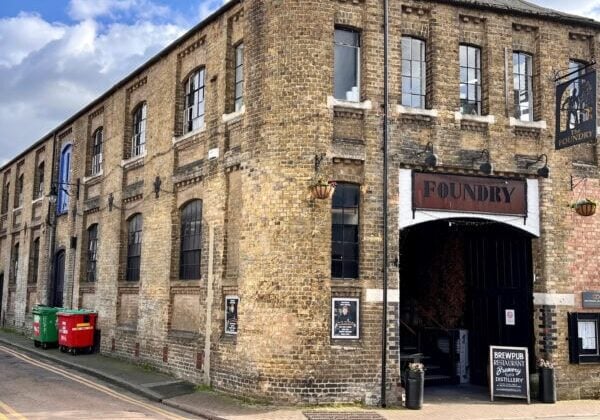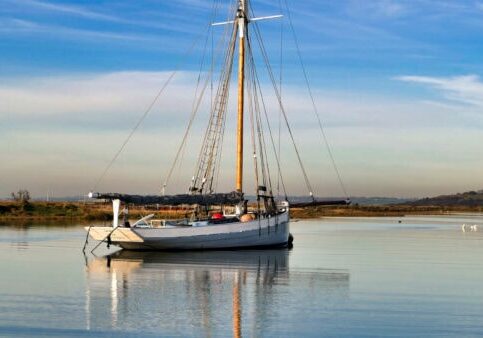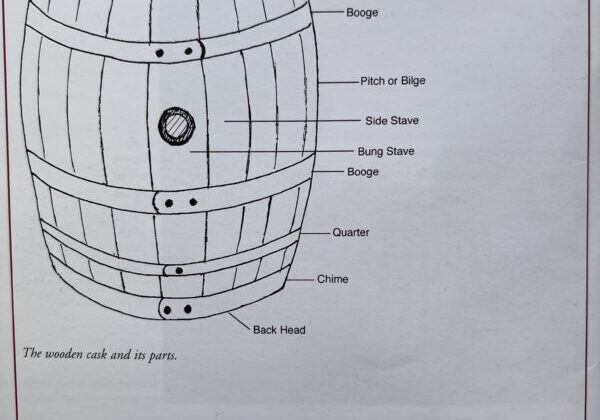Welcome to this new section of our on-line magazine. Your Charity is acquiring a great reputation for the quality of its work, starting with the rescue and restoration of the Gamecock, the establishment of the Coastal Trail, and now the creation of a Virtual Maritime Heritage Centre that will focus on our ‘Living Maritime Heritage’, on and off shore.
We hope that, over time, the Centre will be of interest to visitors, teachers, historians and the community. We shall engage with our many Partners and hope that you will wish to share your knowledge and experience. We shall always acknowledge the source of items and your contribution does not have to be perfect text as it will be edited. Please use the ‘Contact’ page of this website to get in touch with the Editor.
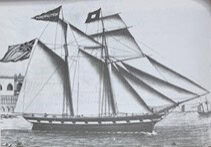
Size Matters
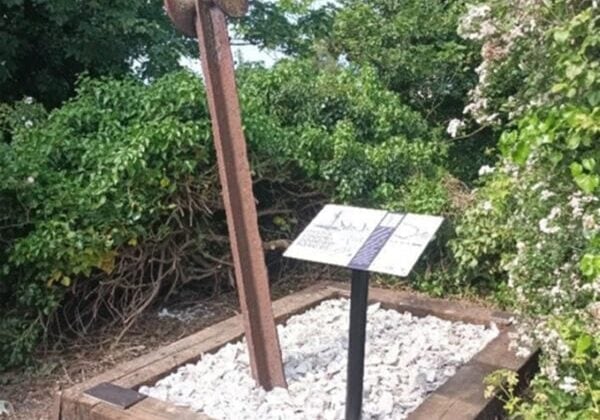
Money, Yawls and Oysters
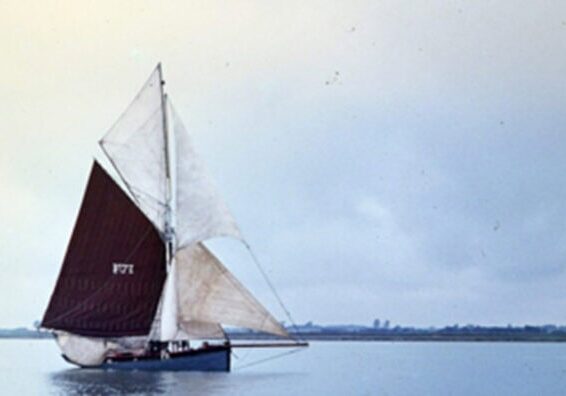
Stormy Petrel: on watch
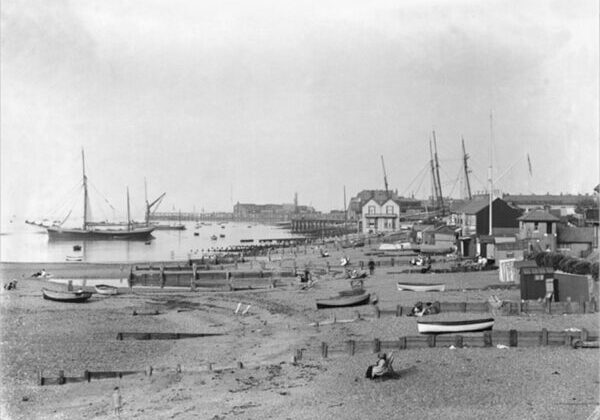
I-Spy – What can you see in this historical photograph?
